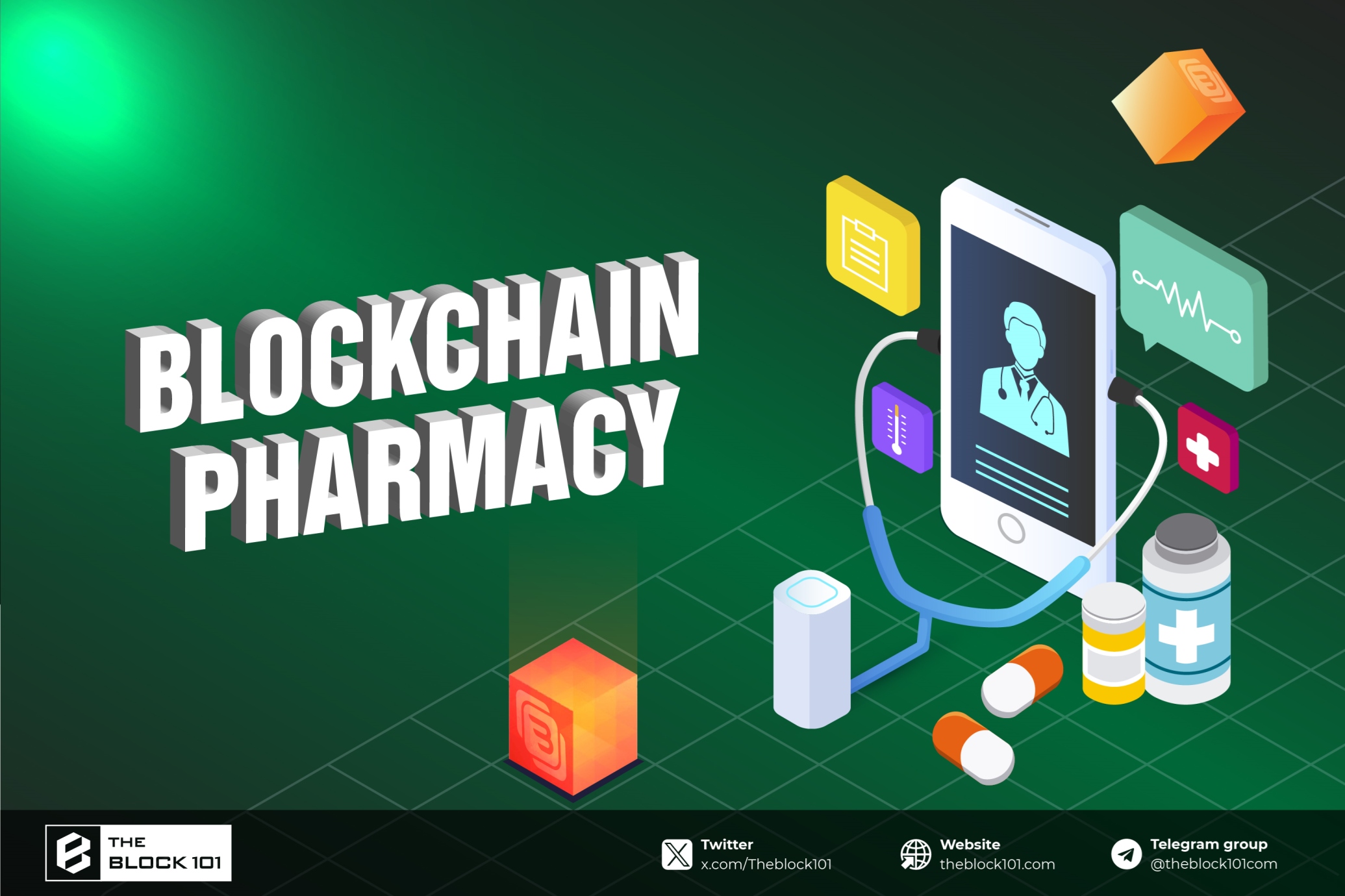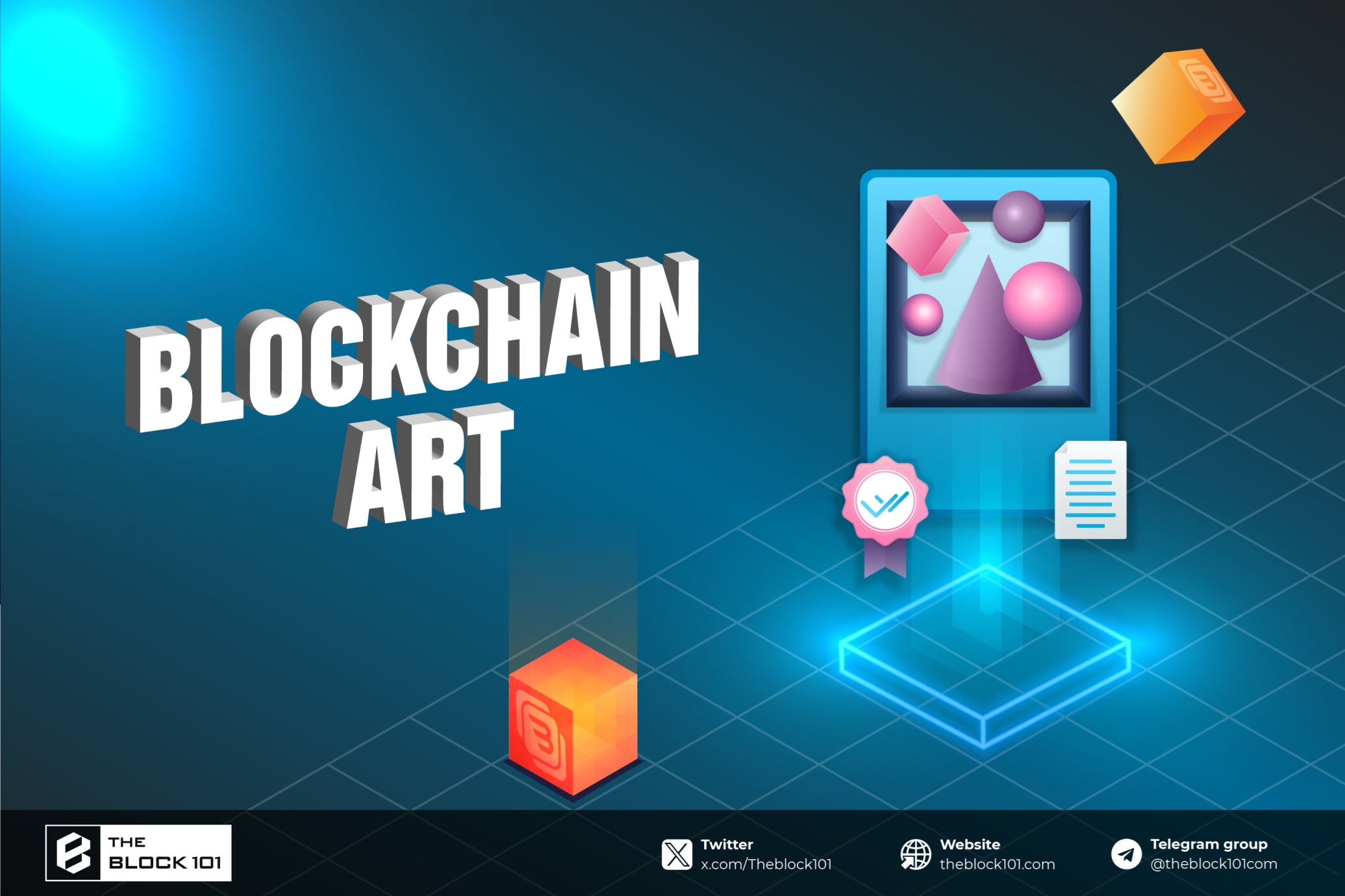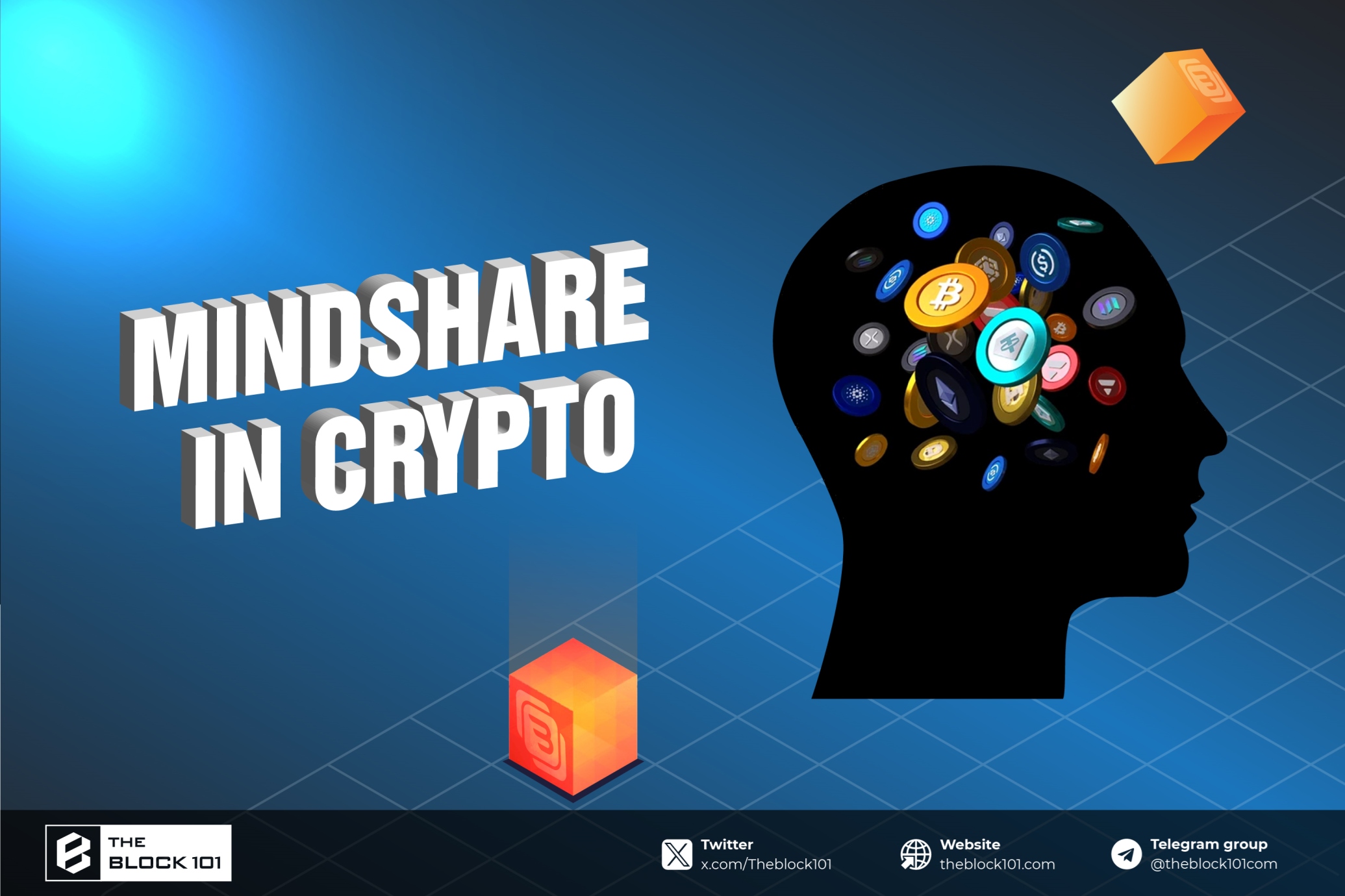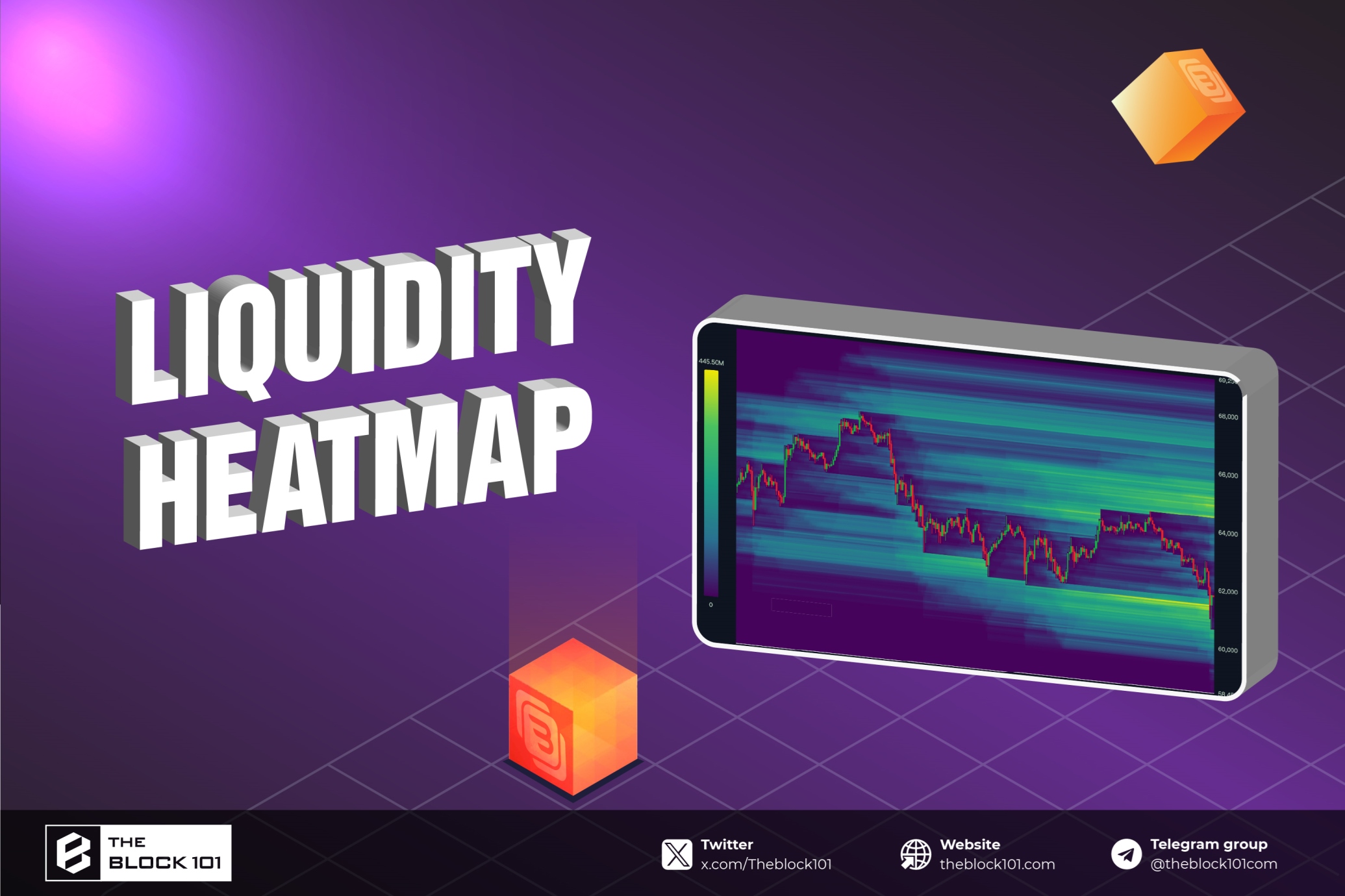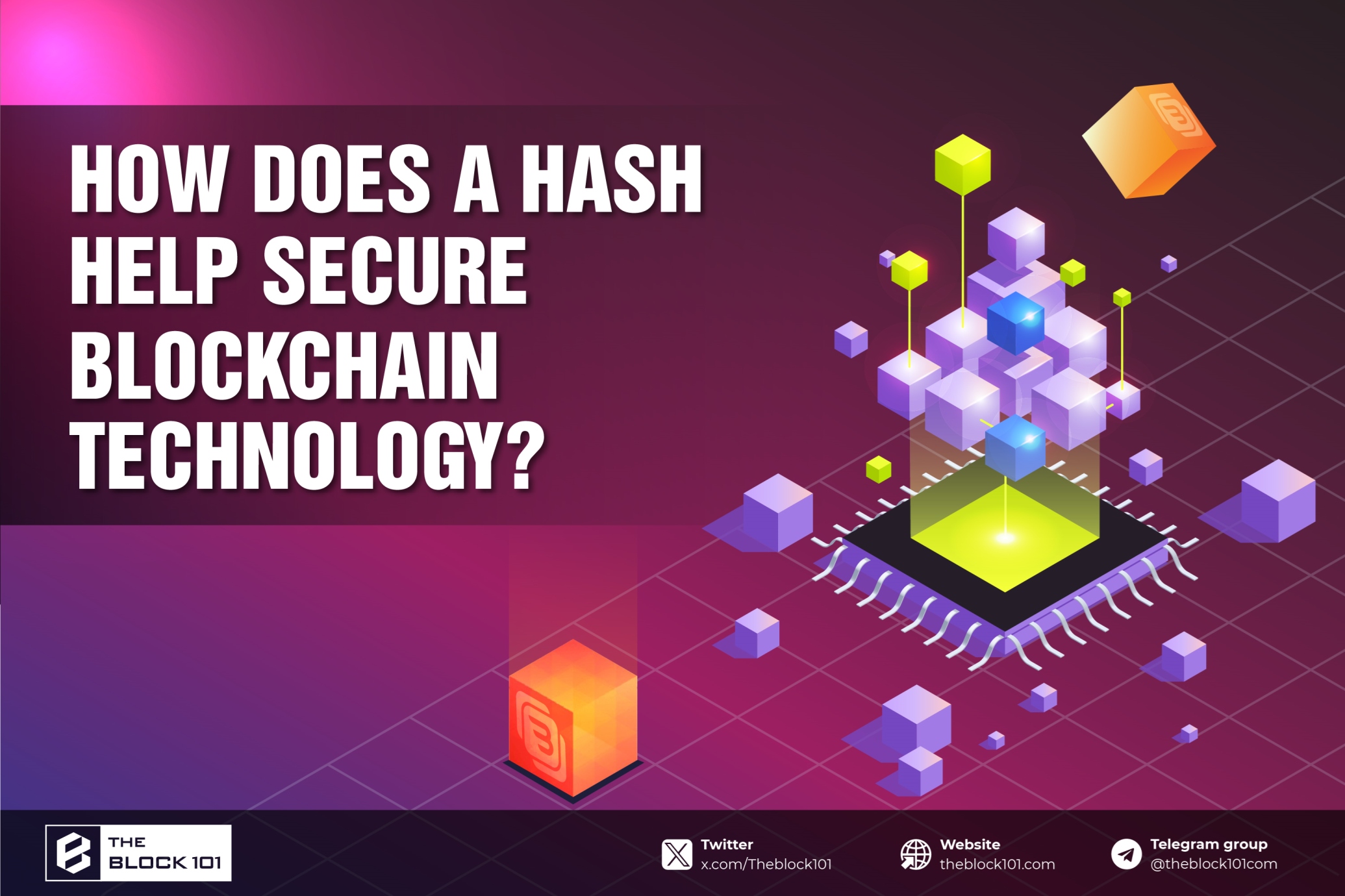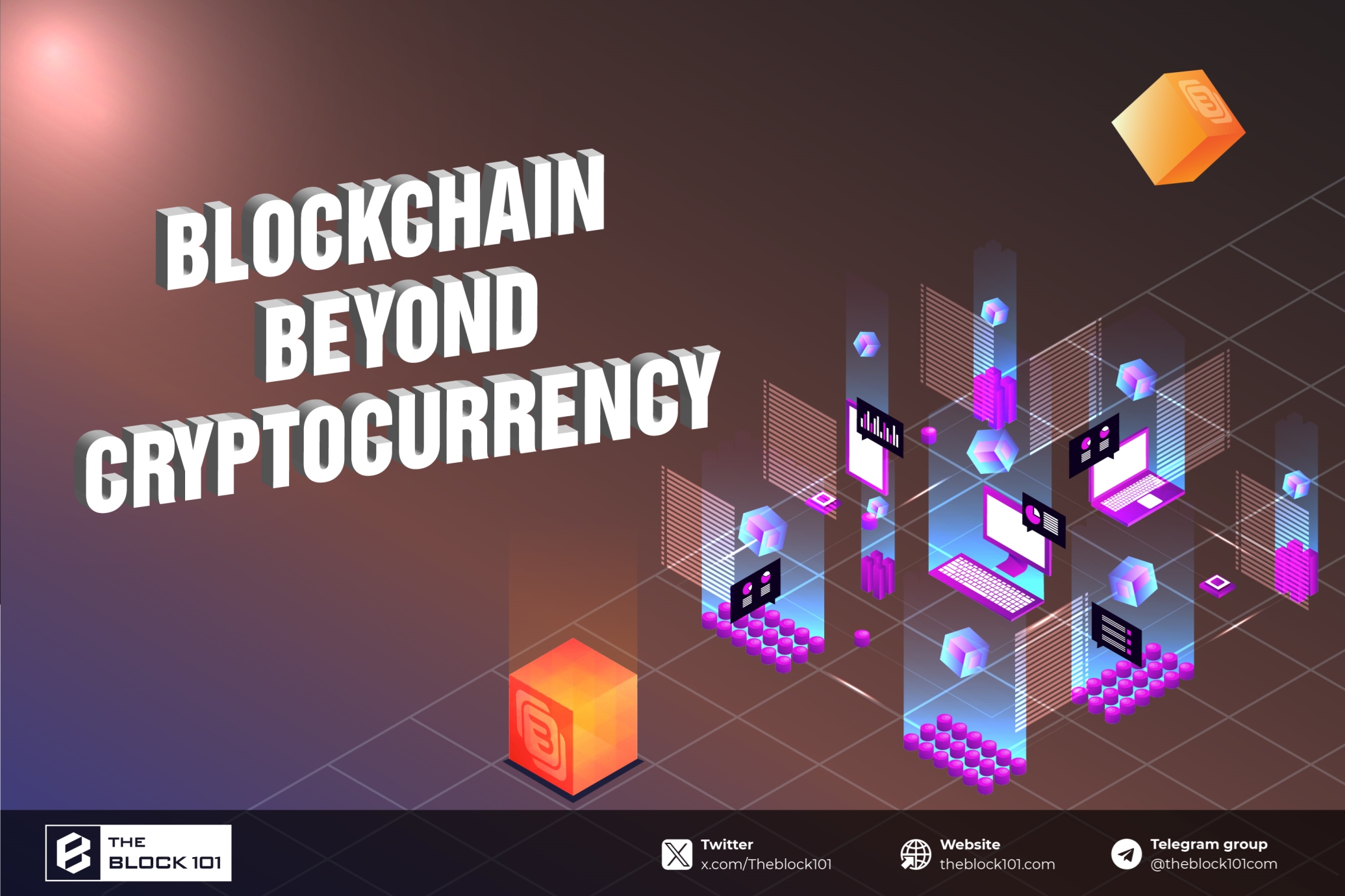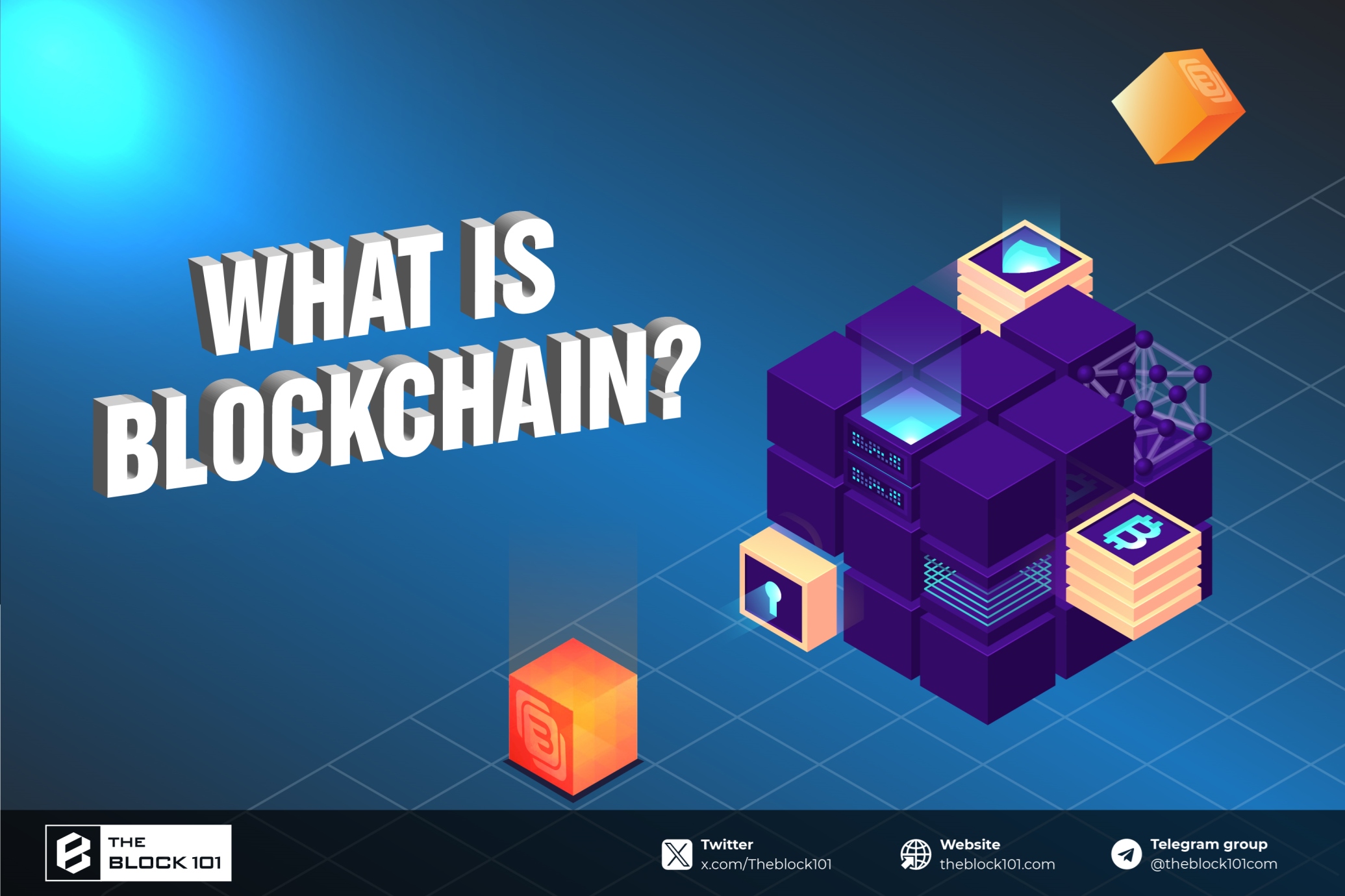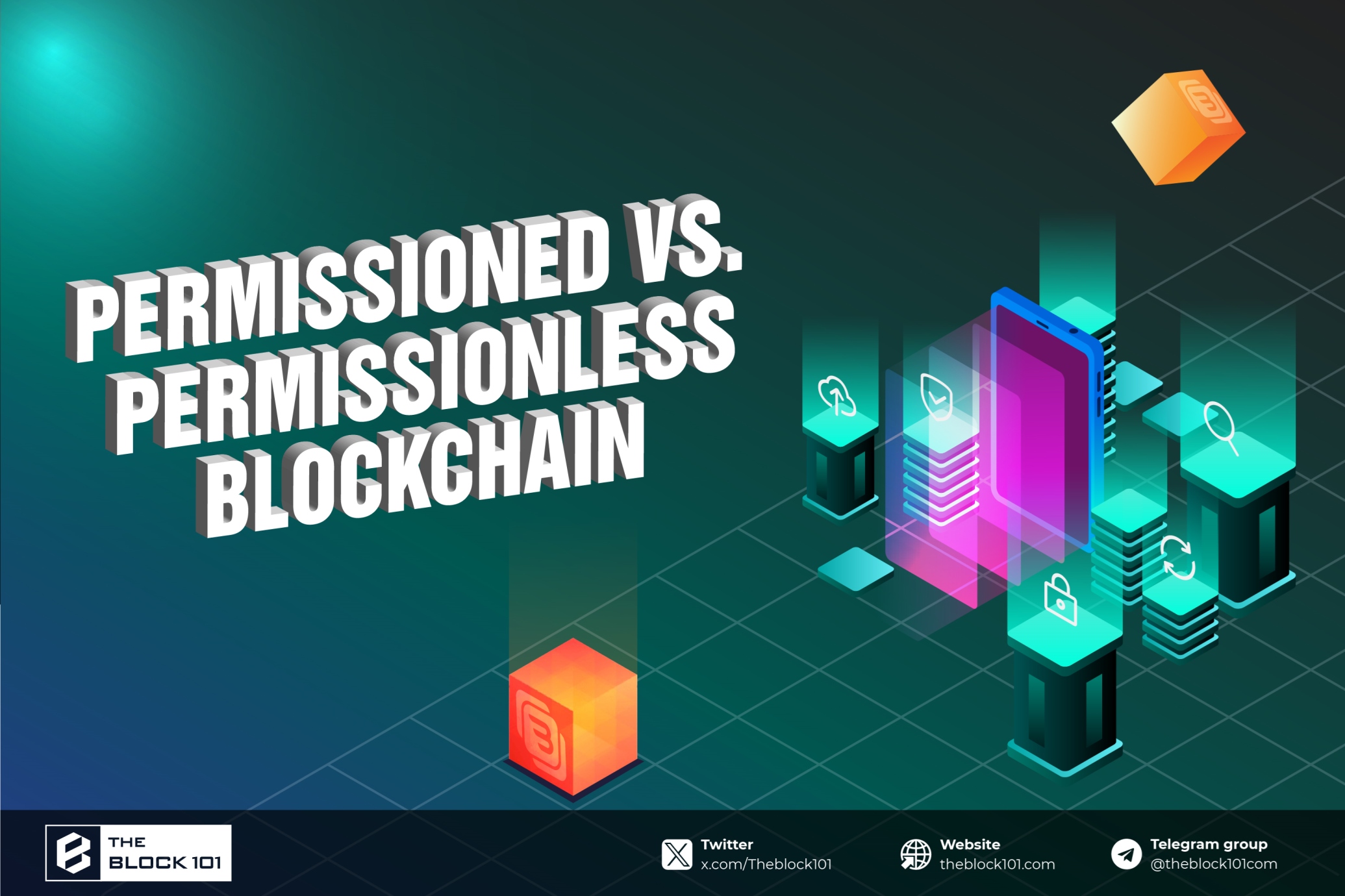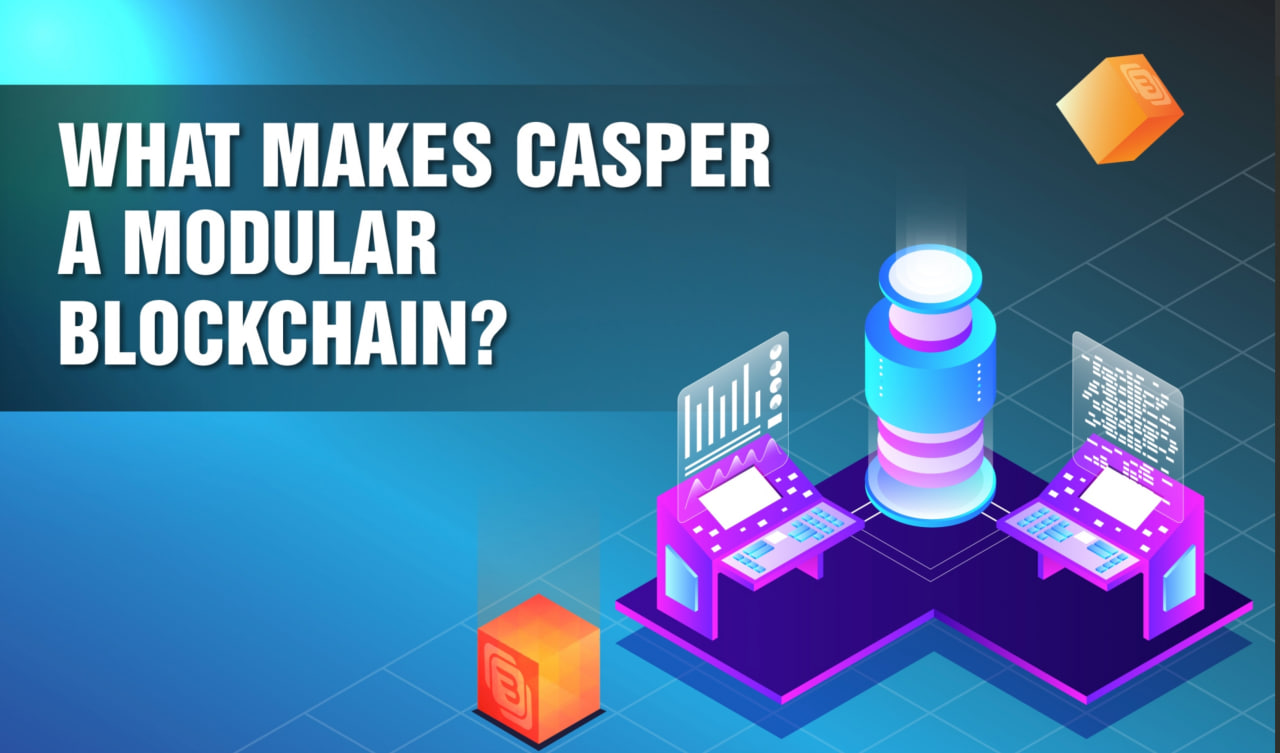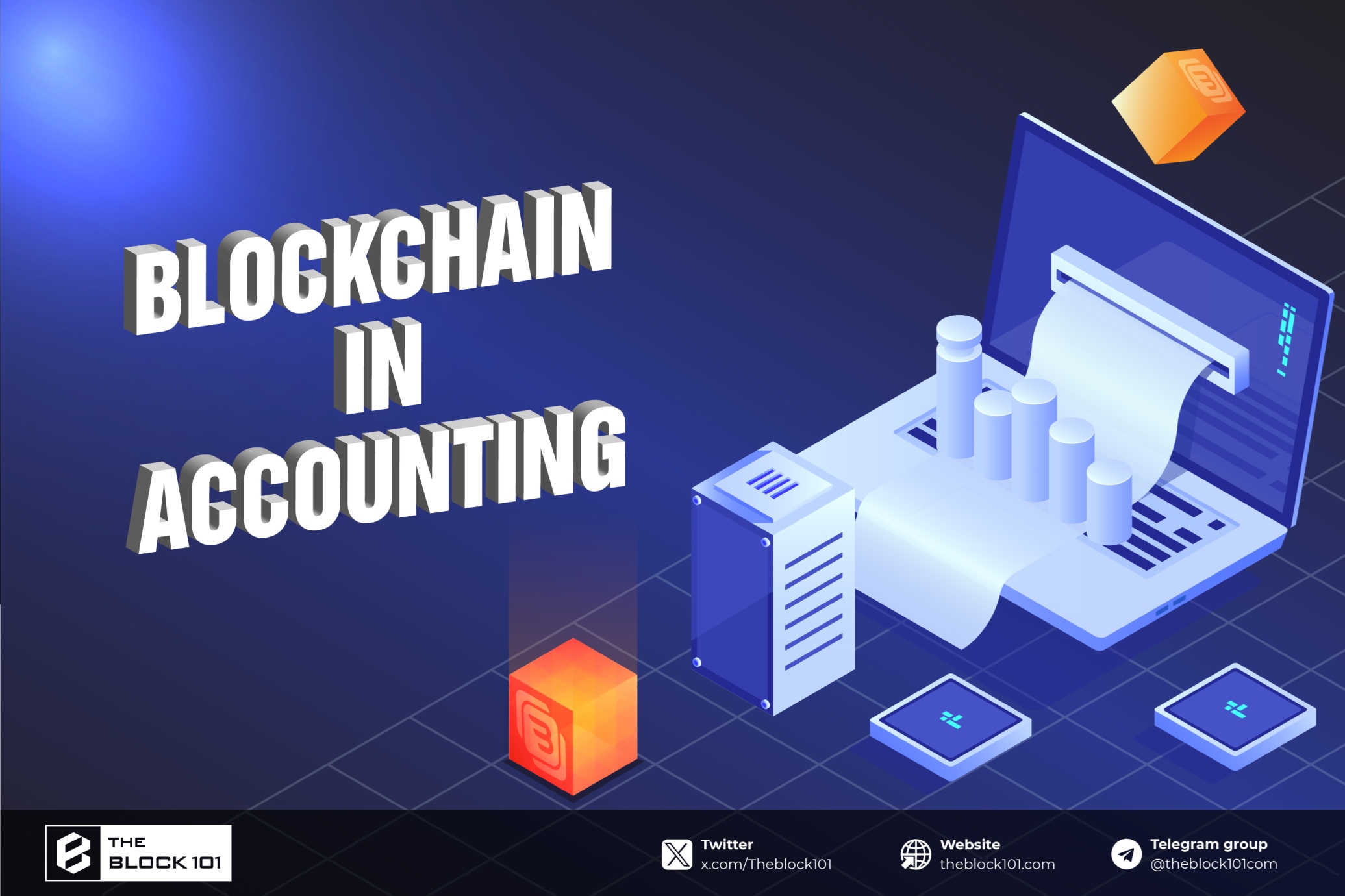
1. What is Blockchain?
Blockchain is a distributed ledger technology (DLT) that records transactions across multiple computers in a secure, transparent, and tamper-proof manner. Each transaction is stored in a "block," which is cryptographically linked to the previous block, forming a "chain." This structure ensures that once data is recorded, it cannot be altered without consensus from the network, making blockchain highly secure and trustworthy.
In accounting, blockchain serves as a digital infrastructure for recording financial transactions, automating processes, and ensuring data integrity. Unlike traditional accounting systems, which rely on centralized databases prone to errors and manipulation, blockchain provides a decentralized and transparent alternative.
2. Benefits of Blockchain in Accounting
.avif)
Blockchain technology is reshaping the accounting landscape by offering several key advantages. These benefits not only enhance the accuracy and security of financial data but also streamline processes and improve decision-making. The main benefits include:
- Enhanced Transparency and Traceability: Blockchain's transparent nature allows all authorized parties to access a single, unalterable version of the financial ledger. Every transaction is recorded with a timestamp and a unique identifier, enabling auditors and stakeholders to trace the origin and history of any financial entry. This transparency reduces the risk of fraud and ensures compliance with regulatory standards.
- Improved Efficiency through Automation: Blockchain enables the use of smart contracts—self-executing contracts with predefined rules encoded on the blockchain. In accounting, smart contracts can automate processes such as invoice payments, payroll, and tax calculations. By eliminating manual interventions, smart contracts reduce errors, save time, and lower operational costs.
- Increased Security: The cryptographic foundation of blockchain ensures that financial data is secure from unauthorized access and tampering. Each block is encrypted, and changes to the ledger require consensus from multiple network participants. This makes blockchain an ideal solution for safeguarding sensitive financial information against cyber threats.
- Real-Time Financial Reporting: Traditional accounting systems often involve time-consuming reconciliations and batch processing, leading to delays in financial reporting. Blockchain enables real-time updates to the ledger, allowing accountants and stakeholders to access up-to-date financial information instantly. This capability enhances decision-making and improves responsiveness to market changes.
- Cost Reduction: By streamlining processes, reducing the need for intermediaries, and minimizing errors, blockchain can significantly lower accounting costs. For instance, the automation of auditing processes through blockchain reduces the time and resources spent on manual audits, enabling firms to allocate their budgets more effectively.
3. Applications of Blockchain in Accounting

3.1. Auditing and Assurance
Blockchain simplifies the auditing process by providing a verifiable and immutable record of transactions. Auditors can access the blockchain ledger to verify the accuracy of financial statements without relying on paper-based records or third-party confirmations. This reduces audit time and enhances the reliability of audit outcomes.
3.2. Supply Chain Finance
In industries with complex supply chains, blockchain can track financial transactions related to inventory, payments, and logistics. By integrating financial data with supply chain activities, blockchain ensures accurate cost allocation and improves cash flow management.
3.3. Tax Compliance
Blockchain can streamline tax reporting by automatically recording taxable transactions and calculating liabilities in real time. Smart contracts can be programmed to comply with tax regulations, ensuring accurate and timely submissions to tax authorities.
3.4. Fraud Prevention
The immutability of blockchain makes it nearly impossible to manipulate financial records without detection. This feature is particularly valuable in preventing fraudulent activities such as double-entry fraud, fictitious revenues, or unauthorized fund transfers.
3.5. Cryptocurrency Transactions
As cryptocurrencies gain traction, businesses increasingly use digital assets for transactions. Blockchain provides a reliable platform for recording cryptocurrency payments, ensuring accurate accounting for these volatile assets.
4. Challenges of Implementing Blockchain in Accounting

Despite its potential, blockchain adoption in accounting faces several challenges:
- Scalability: Blockchain networks, particularly public ones, can struggle with scalability when processing large volumes of transactions. Accounting systems require high transaction throughput, which may necessitate the use of private or hybrid blockchains.
- Regulatory Uncertainty: The regulatory landscape for blockchain and cryptocurrencies remains unclear in many jurisdictions. Accounting standards for blockchain-based transactions are still evolving, creating uncertainty for businesses and auditors.
- Integration with Legacy Systems: Most organizations rely on legacy accounting systems that are not designed to integrate with blockchain. Transitioning to blockchain-based systems requires significant investment in infrastructure and employee training.
- Data Privacy: While blockchain enhances transparency, it can raise concerns about data privacy, especially for sensitive financial information. Solutions such as permissioned blockchains or zero-knowledge proofs are needed to balance transparency with confidentiality.
- Energy Consumption: Some blockchain networks, particularly those using proof-of-work consensus mechanisms, consume significant amounts of energy. This environmental impact may deter organizations from adopting blockchain unless energy-efficient alternatives are implemented.
5. The Future of Blockchain in Accounting
The future of blockchain in accounting is promising, with ongoing advancements addressing current limitations. Emerging trends include:
-
Interoperability: Developing standards to enable different blockchain networks to communicate seamlessly, facilitating broader adoption in accounting.
-
Hybrid Blockchains: Combining the benefits of public and private blockchains to balance transparency, security, and scalability.
-
Artificial Intelligence Integration: Combining blockchain with AI to enhance predictive analytics, fraud detection, and automated decision-making in accounting.
-
Global Standards: Establishing international accounting standards for blockchain-based transactions to ensure consistency and compliance.
As these trends materialize, blockchain is expected to become a cornerstone of modern accounting, enabling a shift from traditional bookkeeping to real-time, automated, and secure financial systems.
6. Conclusion
Blockchain technology holds immense potential to revolutionize accounting by enhancing transparency, efficiency, and security. While challenges such as scalability, regulation, and integration remain, the benefits of blockchain far outweigh the hurdles. As organizations and regulators adapt to this transformative technology, blockchain is poised to redefine how financial data is recorded, verified, and reported. By embracing blockchain, the accounting profession can move toward a future of trust, automation, and innovation.
Read more:

 English
English Tiếng Việt
Tiếng Việt


